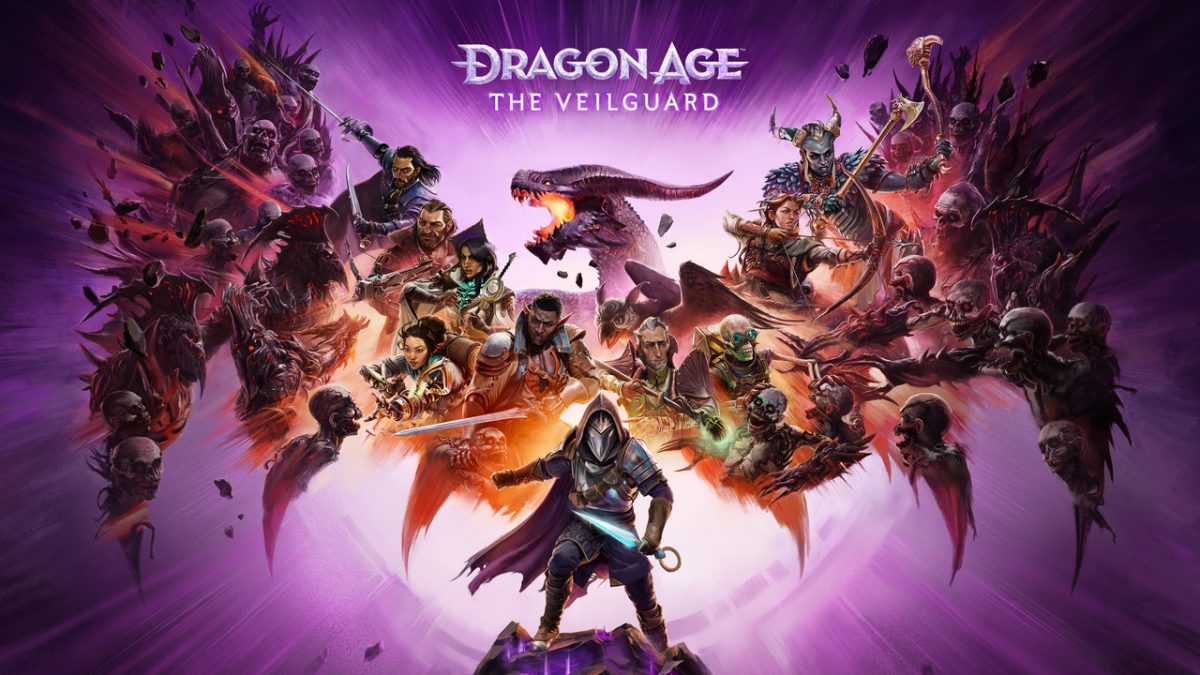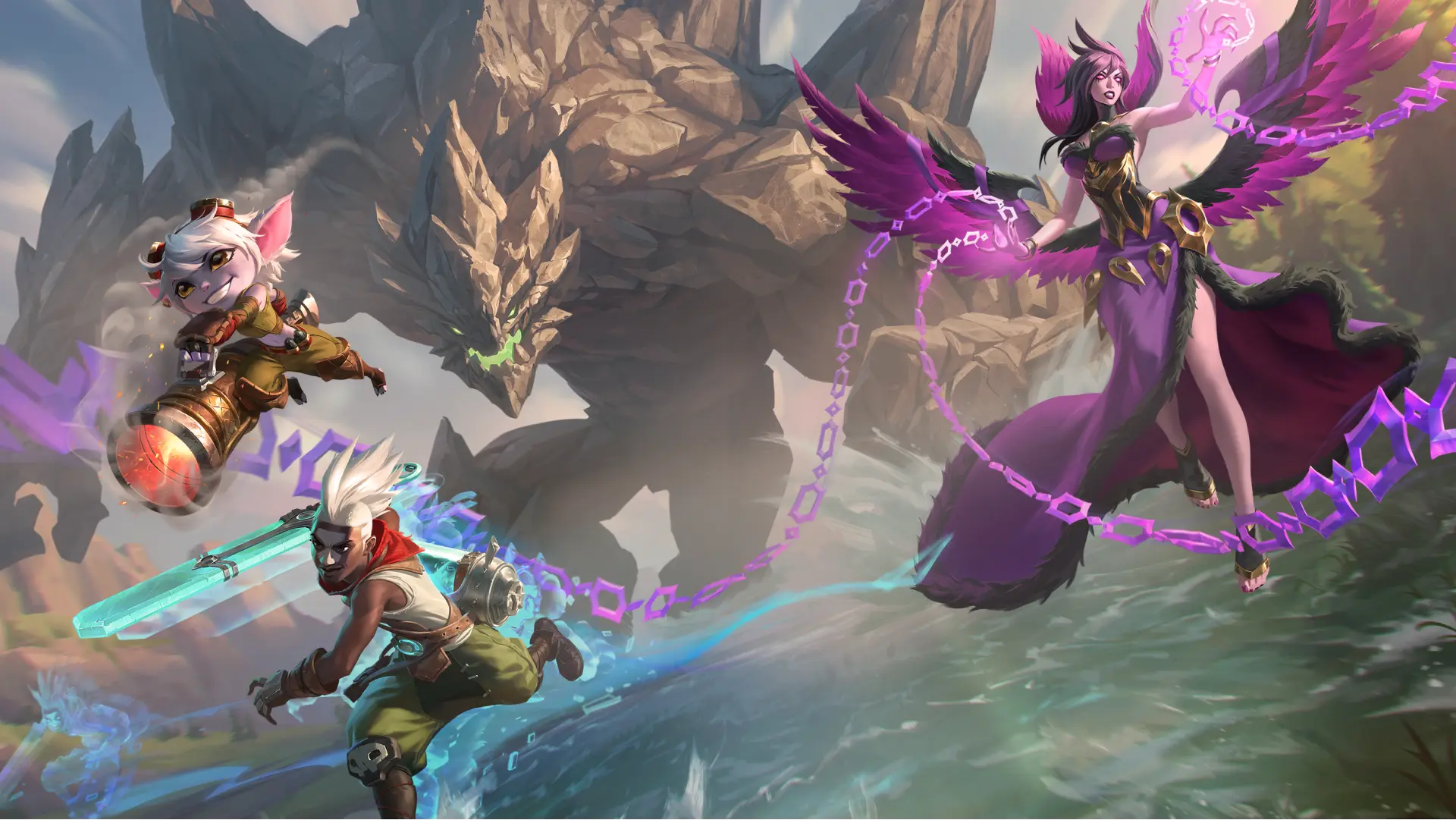
Introduction to Dragon Age: The Veilguard
Dragon Age: The Veilguard represents a significant departure from its predecessors in the iconic fantasy role-playing game series popularized by BioWare. Unlike previous titles, this installment does not feature any spiders, marking a new milestone in the franchise's development.
This absence has raised questions among fans, particularly concerning the game's accessibility, including the rumored arachnophobia mode that many hoped would be included.
The Absence of Spiders
Confirming the curiosity among the community, BioWare's associate community manager stated, "No arachnophobia mode because there are no spiders!" This statement highlights a bold move by the developers to avoid creatures that have historically been a source of fear for many players. It becomes particularly interesting given the franchise's prior associations with creepy crawlers.
The decision to forgo spiders not only changes the gameplay experience but also alleviates concerns for players with arachnophobia. In previous Dragon Age titles, spiders served as common enemies, often associated with terrifying environments and affecting player engagement.
Fan Reactions
The fanbase response to the announcement regarding the absence of spiders has been mixed. Some players express surprise at this major shift, while others welcome it as an inclusive decision. There have been numerous modifications in earlier games designed specifically for arachnophobia sufferers, which have more often than not replaced spiders with less threatening creatures.
This step by BioWare could indicate an evolution in game design, focusing more on creating an inclusive narrative while maintaining the engaging fantasy experience that players cherish. Notably, some fans have pointed out the existence of a grotesque creature with spider-like traits shown in promotional trailers, raising speculation on what made the final cut of the game.
Accessibility Features in The Veilguard
Accessibility is a prominent focus in the gaming industry today, with developers increasingly aware of the diversity of their audience. The inclusion of various accessibility options in The Veilguard reflects on BioWare’s commitment to creating a game that can be enjoyed by a broader range of players, despite the absence of an arachnophobia mode.
Features aimed at improving accessibility could include altered difficulty settings, customizable controls, and visual adjustments to assist players with specific needs. This aligns with a wider industry trend towards inclusivity that seeks to welcome fans who may struggle with traditional gameplay mechanics.
The Implications for Future Games
What does the absence of spiders in Dragon Age: The Veilguard signify for future titles in the franchise? It sparks discussions about the evolution of game design and the balance between creature design and player experience. Will future games continue to lean into this trend of avoiding fear-inducing creatures for the sake of accessibility?
While the decision has polarized opinions within the community, it is clear that BioWare is taking feedback seriously and considers the opinions of avid players. By striking a balance between traditional RPG elements and newcomers to gaming, The Veilguard could redefine expectations for future installments in the Dragon Age series.
Conclusion
Dragon Age: The Veilguard has set a pivotal precedent within the franchise by being the first major title without spiders or an arachnophobia mode. BioWare's choice reflects a thoughtful approach to inclusivity in gaming, demonstrating a willingness to adapt to the needs and preferences of diverse player bases.
While some may lament the loss of the iconic, creepy spiders that have haunted earlier adventures, many players will likely appreciate the effort towards a more welcoming gaming experience. In defending the choice, it’s crucial to recognize BioWare's potential to shape a more inclusive narrative in future titles while still retaining the immersive fantasy world that fans have come to love.




.jpeg)

.webp)

